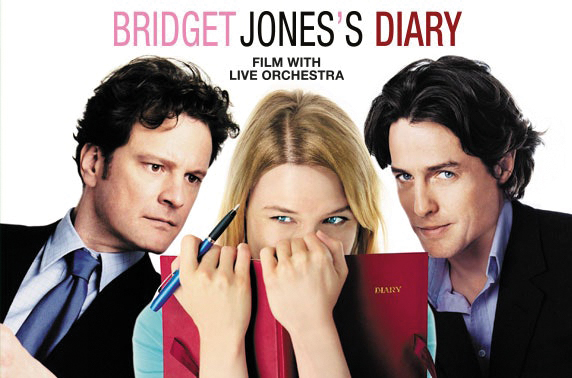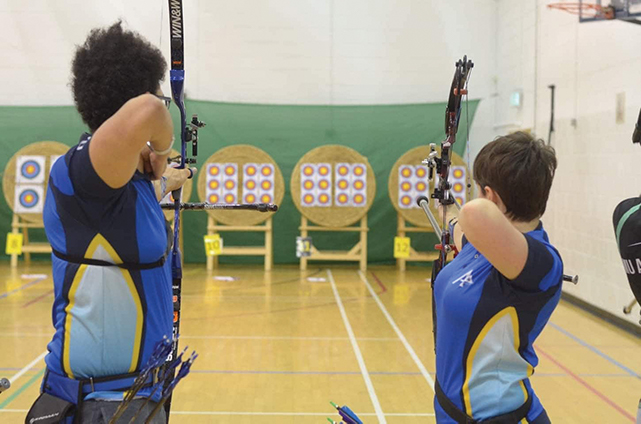
[dropcap]T[/dropcap]o suggest that another woman’s ostensibly written literary novel is chick lit feels catty, not unlike calling another woman a slut- doesn’t the term bring down all of us?
This was how Curtis Sittenfeld started her 2005 New York Times review of “The Wonder Spot” by Melissa Banks. The review sparked a conversation about the disdain female literary authors, like Sittenfeld often have for commercial or chick lit authors.
But what is chick lit exactly? According to Collins dictionary, it is “a genre of fiction concentrating on young women and their emotional lives”.
If you asked the 18 female authors involved in the This is Not Chick Lit collection of short stories, they would give you a slightly different version.
“Chick lit: A genre of fiction that often recycles the following plot: Girl in big city desperately searches for Mr. Right in between dieting and shopping for shoes. Girl gets dumped (sometimes repeatedly). Girl finds Prince Charming.”
For every one of us out there enjoying chick lit, there are a million female writers with equal enthusiasm in condemning the genre as a plague upon womankind. They gleefully remind us that “for every stock protagonist with a designer handbag and three boyfriends, there is a woman writer pushing the envelope of literary fiction with imagination, humour and depth.”
We get it. You’re vastly superior to the rest of us mere mortals who read for fun. You’re desperate for male literary critics recognise how separate you are from us. Now let me read my book in peace.
Critiquing a genre is great. Preferring one genre over another is fine. Continuously demeaning a genre written for women by women, about women’s emotional experiences is not conducive to creating a society which does not regard any woman as lesser, even those who like romance and shopping.
To continue to perpetuate the idea of a single white female looking for love in the big city as the industry standard shows that you haven’t actually read any modern chick lit and proves that your desire for proper representation isn’t genuine but merely wielded like a weapon against any genre you do not like.
The literary ladies have their own share of representation issues. The sad white woman and her inner turmoil over how special and broken she is is just as much of common, tired trope in literary fiction.
What about Helen Hoang’s “The Kiss Quotient” about a woman with autism who finds love, written by an autistic woman?
What about “Addicted” by Kristen and Becca Ritchie, where an alcoholic and a sex addict fall in love and seek help together after realising love won’t cure their addictions?
The world of chick lit is evolving to a genre that encourages and uplifts the voices and experiences of authors who, before now, would have been drowned out by the overarching, white, Anglo-Americanised narrative.
As Ian McEwan once wrote; “When women stop reading, the novel will be dead.”
And you will certainly have to pry my chick lit books from my cold, dead, french manicured hands.
Mary Ryan
Image Credit: Itison.com



